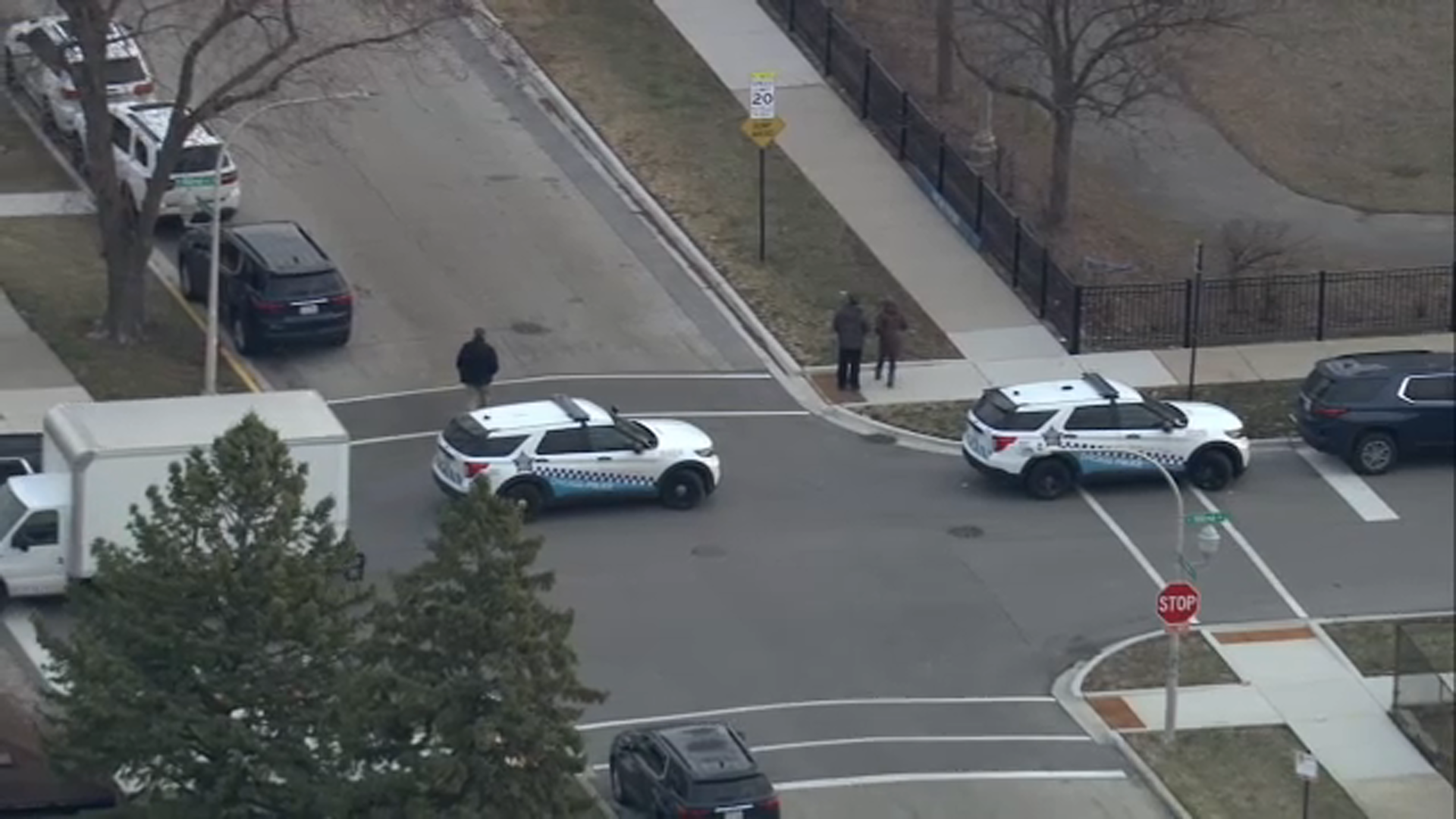How much protection does the COVID-19 vaccine offer? How vaccinated people should approach seeing others
On December 18, a San Diego emergency room nurse was given a shot of the COVID-19 vaccine. A week later, he tested positive for the virus, CNN affiliate KGTV reported.
Stories like this will become more common as millions of Americans are administered the Pfizer-BioNTech and Moderna vaccines over the coming months. Over time, many who are vaccinated will still get infected with the novel coronavirus.
Study suggests Pfizer vaccine works against coronavirus variant
During trials, the vaccines were shown to be about 95% effective - which means some vaccinated people were still infected.
Here's how and why:
Immunity doesn't kick in right away
It takes time for vaccines to build up immunity, and the two authorized coronavirus vaccines both require two doses, given several weeks apart, to train the body's immune system. People can be exposed to coronavirus right before being vaccinated, or right after, and there won't be time for the body to develop its defenses.
The Centers for Disease Control and Prevention says building immunity "typically takes a few weeks."
"That means it's possible a person could be infected with the virus that causes Covid-19 just before or just after vaccination and still get sick," the CDC says.
The 95% efficacy number for the Covid-19 vaccines also assumes some built-in wait time. Moderna measured the efficacy of its vaccine starting 14 days after the second dose, while Pfizer measured it starting seven days after the second dose.
When can you get the COVID-19 vaccine? Find out where you are in line
Vaccines might not provide perfect protection
No vaccine is 100% effective, and the makers of coronavirus vaccines are still evaluating whether the shots protect against all infections, or just those that cause symptoms.
The CDC estimates that 40% of coronavirus infections don't cause symptoms, and the trials of both the Moderna and Pfizer/BioNTech vaccines looked only at whether the vaccines prevented symptomatic infections.
Moderna said in December it had submitted data to the US Food and Drug Administration showing its vaccine prevented 2/3 of all infections, including asymptomatic infections. For now, the CDC recommends that people not assume they are completely immune to infection after having been vaccinated.
Overall, both vaccines provided about 95% protection in clinical trials -- so a small number of people might still catch the virus even after two shots. In wider use, this efficacy rate may go down as people with varying levels of immune system response get vaccinated and then go out into the world.
It's not because the vaccine gave you the virus
The current coronavirus vaccines cannot infect anyone with the virus. They don't contain the virus.
Instead, they carry a small stretch of genetic material known as messenger RNA or mRNA. It instructs cells in the body to make a small piece of material that looks like a part of the virus. Those bits, in turn, get recognized by the immune system as a foreign invader, and it starts to make antibodies and immune cells that can recognize and neutralize the virus if the vaccinated person ever gets exposed.
"None of the authorized and recommended COVID-19 vaccines or COVID-19 vaccines currently in development in the United States contain the live virus that causes COVID-19. This means that a COVID-19 vaccine cannot make you sick with COVID-19," the CDC says.
Immunity may wane over time
No one knows how long the vaccines out now will protect people from infection.
The novel coronavirus has only been around for about a year, and the final phases of testing the vaccines only wrapped up a few weeks ago. Pfizer and Moderna followed volunteers for at least two months after their second doses.
Protection provided by vaccines can fade over time, and some vaccines require a booster shot years later. For example, the CDC recommends adults get a tetanus booster shot every 10 years. During measles or mumps outbreaks, the CDC says some people "may be recommended" to get an additional dose of the MMR vaccine for added protection.
There is also the possibility that the novel coronavirus might mutate in a way that makes the vaccines less effective. Influenza virus strains mutate constantly and that's one reason people need fresh flu vaccines every year.
Doctors hope coronavirus won't mutate like flu does. If that does happen, however, the technology used to make the new coronavirus vaccines is designed to be easily adapted. It should take far less time to update the Moderna and Pfizer vaccines than it takes to make new flu vaccines.
Others might not be safe from you
Health officials from Dr. Anthony Fauci on down are cautioning people that no one can dump the face masks and social distancing behavior just because they've been vaccinated.
That's because even people who are themselves immune to the virus might be exposed to it and transmit it to others. It can grow in the nose, says Fauci, director of the National Institute of Allergy and Infectious Diseases.
"It's possible that someone could get the vaccine but could still be an asymptomatic carrier," said CNN Medical Analyst Dr. Leana Wen, an emergency physician. "They may not show symptoms, but they have the virus in their nasal passageway so that if they're speaking, breathing, sneezing and so on, they can still transmit it to others."
Given these unanswered questions, the CDC says vaccinated people should still use "all the tools available to us" to stop the pandemic, including wearing a mask and staying at least 6 feet away from others.










